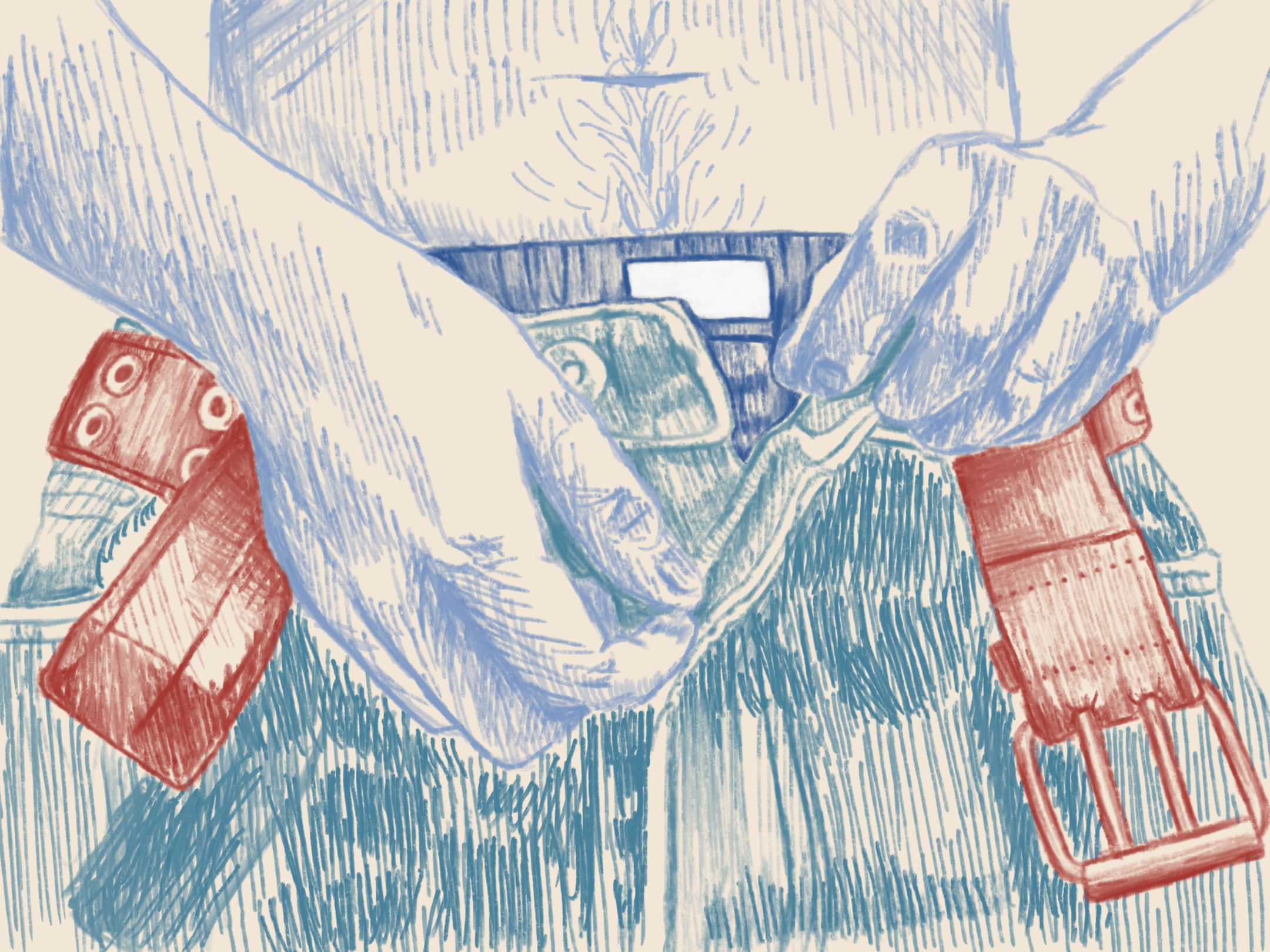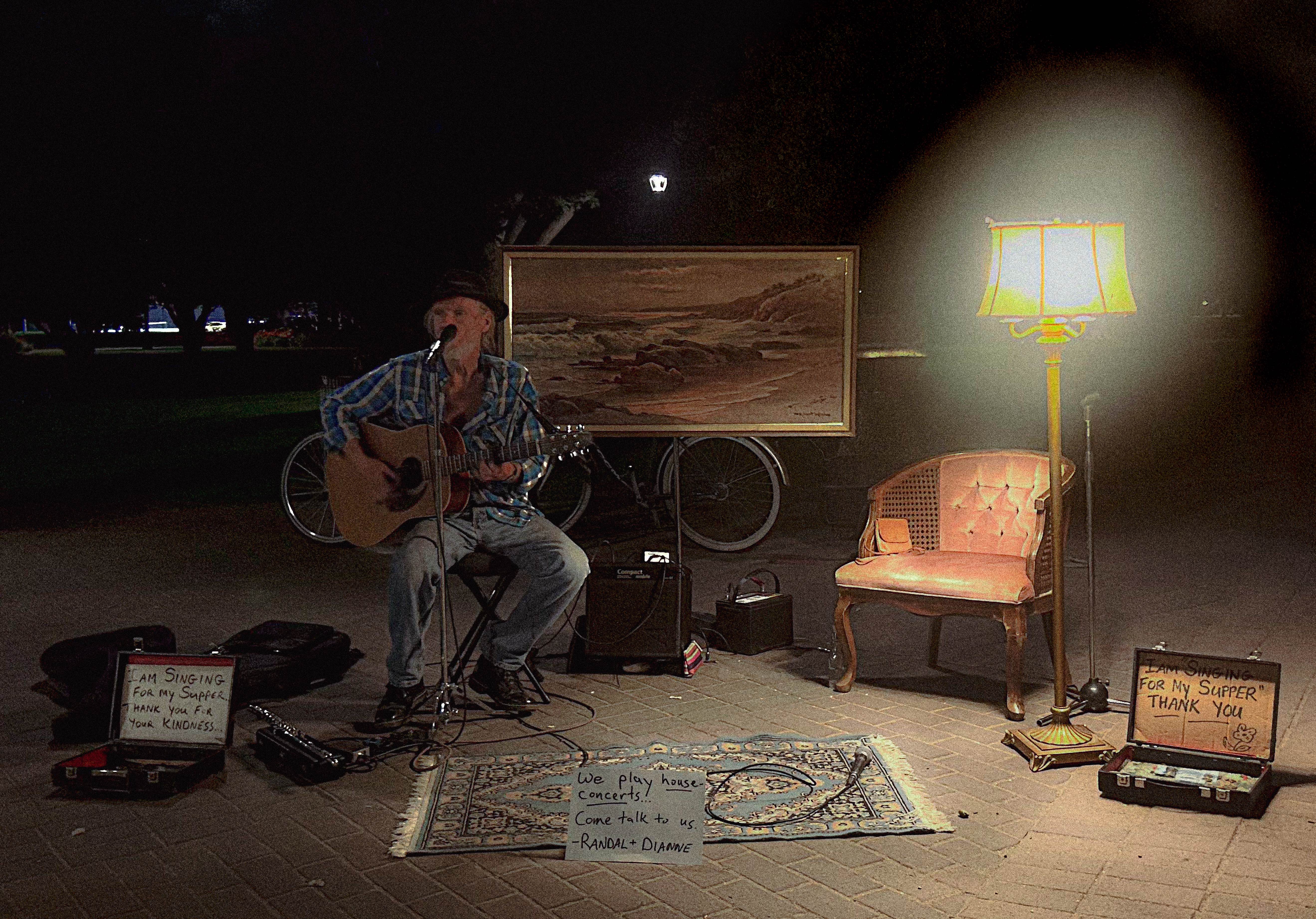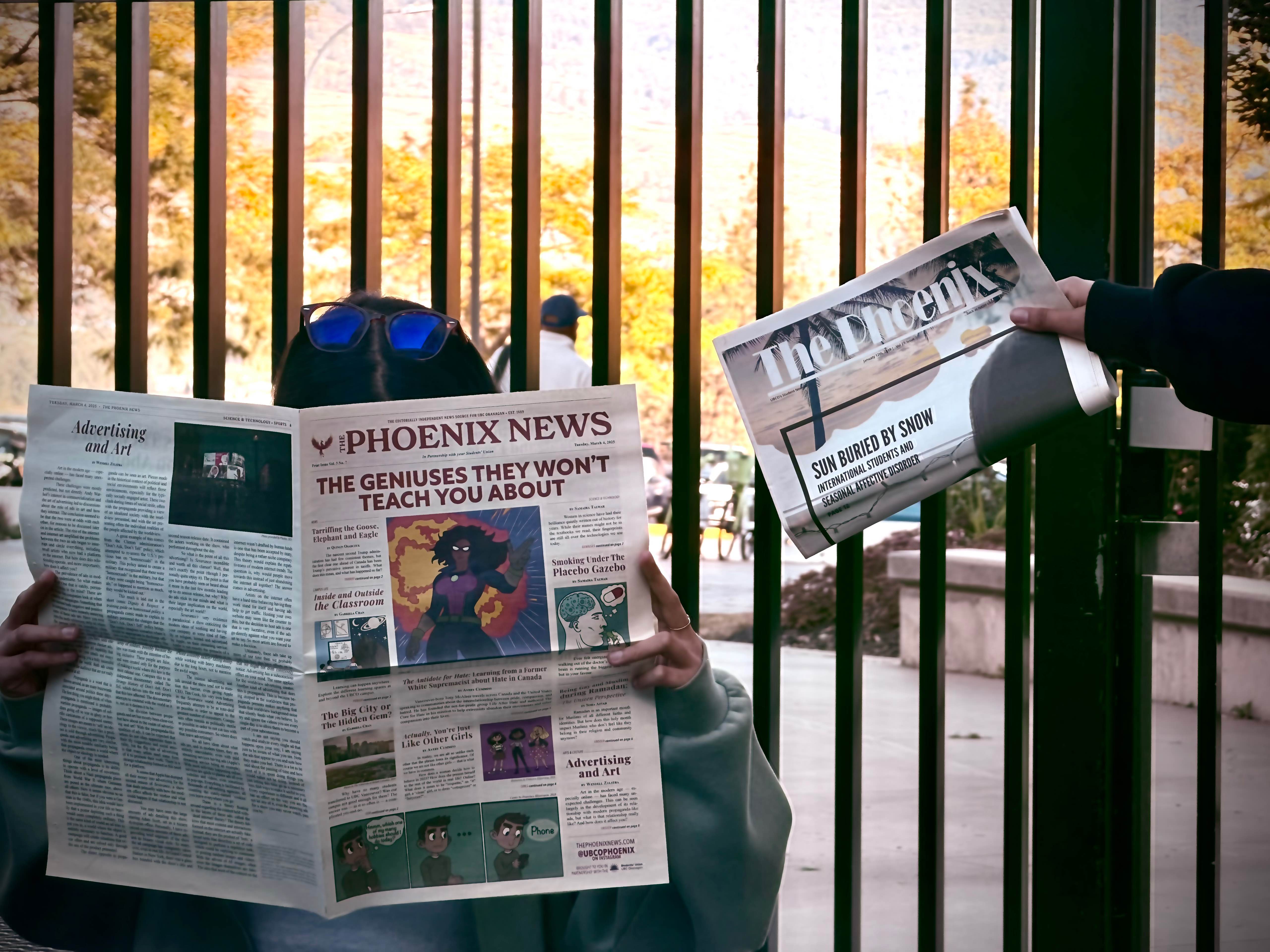
A new research study led by UBC Okanagan Clinical Psychology Ph.D. Student Joseph Rootman is ahead of the curve when it comes to medical research on psychedelic drugs and is garnering substantial media attention. The paper, titled “Adults who microdose psychedelics report health related motivations and lower levels of anxiety and depression compared to non-microdosers,” presents a series of interesting findings that are paving the way for further medical research.
The study is a part of a larger research project that is a collaboration between UBCO researchers and private company Quantified Citizen and is one of the largest looks into the use of psychedelic substances for self-medication ever completed. Rootman and his collaborators anonymously surveyed over 8000 people from around the world through the Quantified Citizen app, asking them questions about their mental health and their use of psychedelics, including how they use these substances, why they choose to microdose (a term for the regular use of psychedelic substances at low doses that do not impact the users daily functioning), and details about medical issues like anxiety and depression.
Rootman, who is currently working on his Ph.D. studying how the use of another drug, cannabis, affects users when used in conjunction with drinking alcohol, completed an Honours Degree in Psychology at UBC Vancouver and a Master’s degree here at UBCO. Though this work is separate from his Ph.D. research, it has given him an exciting opportunity to ask pressing questions.
Those questions have yielded some interesting results. Over 4000 survey respondents said they microdose these substances regularly, with 90% of them using Psilocybin (known colloquially as magic mushrooms, or, shrooms) and a smaller percentage using LSD (known colloquially as acid)--a departure from previous studies which usually found more common use of LSD. Results suggested that the vast majority of users were doing so with therapeutic intentions, most commonly to “promote mindfulness” and to deal with mental health issues. Intriguingly, self-reported rates of mental illness were higher in the group who chose to microdose than those who didn’t, something Rootman says solidifies the argument that many people are choosing to do so in a search for treatment.
However, the headline grabbing finding is that while microdosers reported more mental illness, they also reported “reduced symptom severity” – less intense depressive, anxious, and stressed feelings – than people with mental illness who did not microdose. Rootman stresses that their study is only a survey, and not a placebo clinical trial, and so it cannot offer a definitive statement on the true cause of the improvements in symptoms in microdosers.
But Rootman thinks this work offers a stepping-stone to further medical research on psychedelics and microdosing to answer those questions. Only a few placebo controlled studies have looked at the topic so far, and the high levels of self-medication reported in Rootman’s survey indicate that medical research is behind the curve on the use of psychedelic drugs for medical reasons. Rootman explains, “there’s seemingly thousands, if not more, people out there taking it upon themselves to try this medication that they believe works. I think that really speaks to the effort that needs to be made by the scientific community to figure out what is happening here … Our study helps paint part of that picture.”
It is important to recognize there are concerns surrounding the drugs that Rootman thinks the research and medical communities need to tackle. This study did not look at the side effects or “adverse events” in microdosing, though Rootman says he and his colleagues are already working on that question. There have been past findings that anxiety, overdosing, and headaches can manifest in microdosers, but Rootman says that a lot of unknowns remain.
And the stigma and social issues surrounding recreational drugs are a part of this complicated issue. Rootman says both the study and Quantified Citizen stress anonymity in their research, especially given that the substances in question remain illegal and highly stigmatized in many countries around the world. Plus, nowhere in the world are psychedelics legal for medical use, though certain jurisdictions in the US have decriminalized psilocybin (something Rootman thinks may explain the relatively higher use of psilocybin in his study compared to past research) while the United States Food and Drug Administration are currently reviewing the possibility of approving psilocybin and MDMA (known colloquially as ecstasy) for prescription use.
But Rootman thinks things are moving in the right direction. With studies like his, the public motivation for further medical research is growing, and with people around the world already using these substances, more studies are not only desired but needed. Rootman says he hopes that in coming years, medicine can garner some concrete findings on whether or not microdosing is an effective treatment for mental illness, especially considering the relative affordability of psychedelics and that current treatments are often inadequate and can have frustrating side effects. If psychedelics aren’t effective medicine, he says we need to make sure people aren’t using ineffective treatments. Regardless of what future research finds, Rootman is a dedicated scientist who is “looking forward to exploring, and looking forward to finding out what happens.”
Excitingly, Rootman says this work is still ongoing, and there is opportunity for anyone, including people who do not microdose or use any psychedelics, UBCO students or otherwise, to get involved. The study is available at microdose.me, and respondents can choose to be notified of further surveys and research. People can also find it on the Quantified Citizen App and help support research at UBCO while helping answer important scientific questions.




